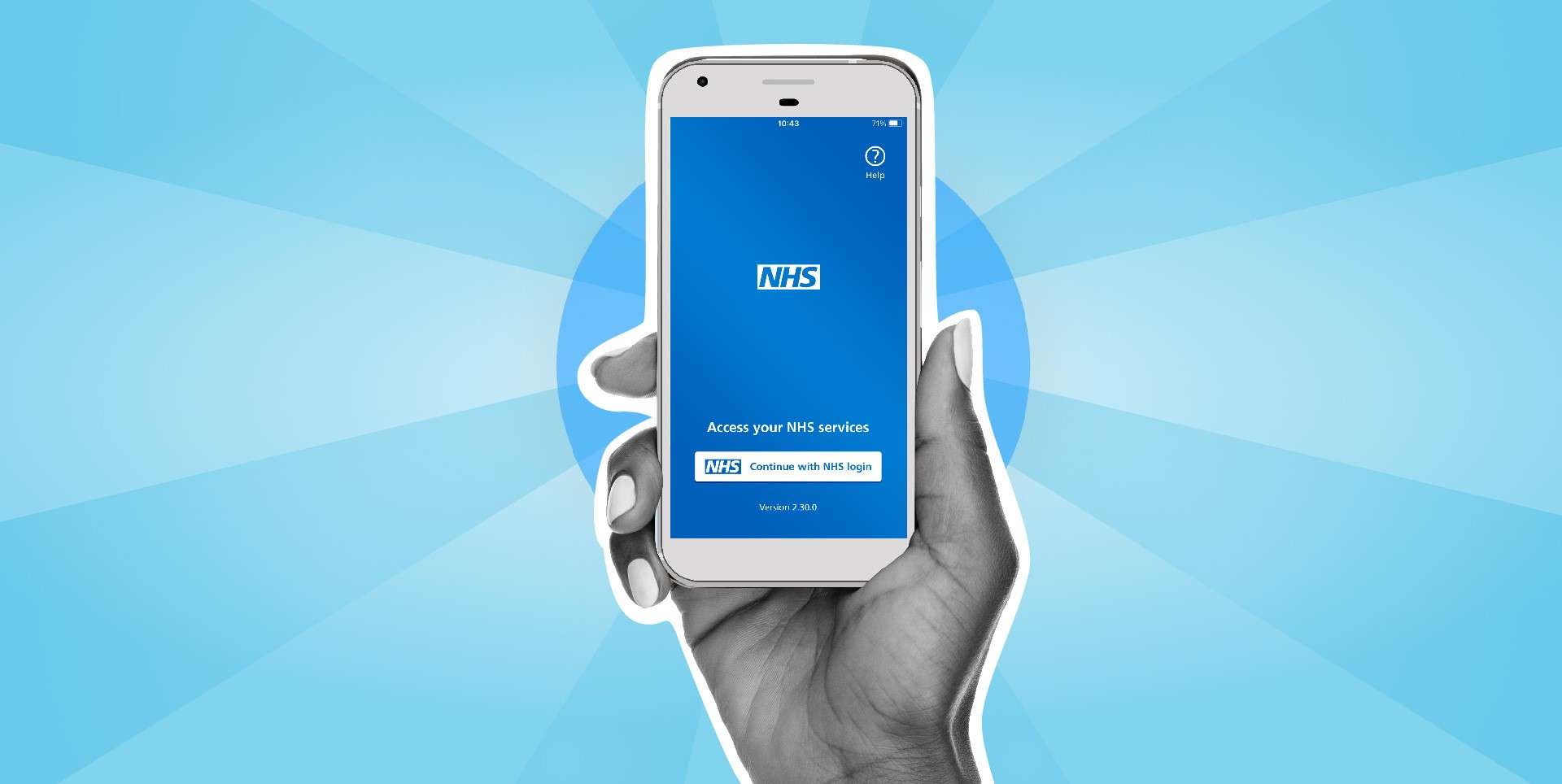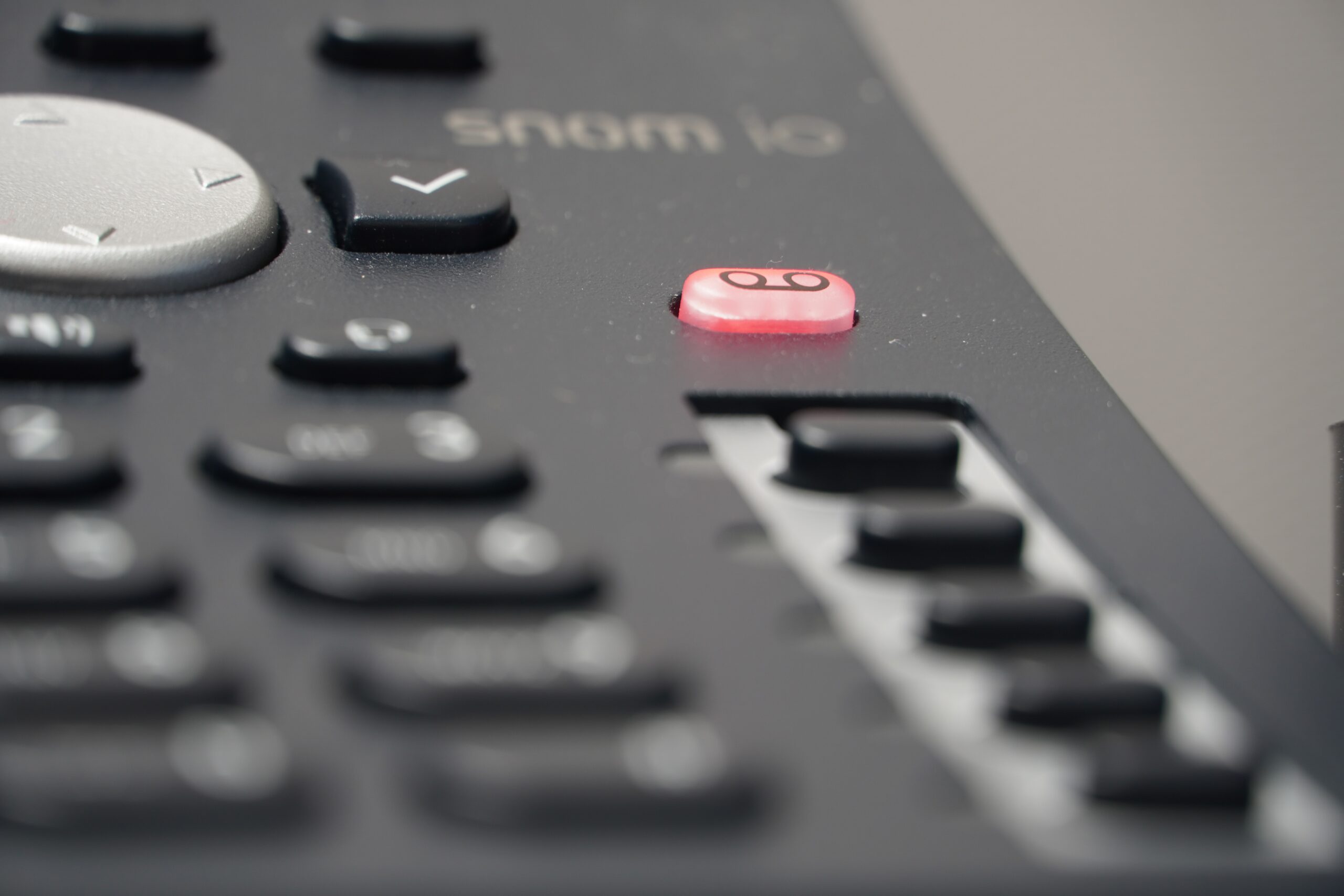Weekly number of exposure notifications falls by almost 300,000
Credit: Hackney Council/Open Government Licence v3.0
In the first full week after all coronavirus restrictions were lifted across England, the number of exposure notifications sent by the NHS Covid-19 app fell sharply – as did the number of people checking into venues, and the number of venue alerts issued.
Data for the week ending 28 July shows that 388,265 app users received a contact alert – often referred to as a ping – during the seven-day period.
This number is almost 300,000 lower than the prior week, when notifications stood a record high of 678,911. The figure was reached after more two months of escalating increases, during which time the weekly volume of pings grew from fewer than 10,000 to more than half a million in each of the first three weeks of July.
The closing week of last month saw an even bigger drop-off in venue alerts – which are issued when a user is checked into a venue at the same time as someone who later tested positive for coronavirus. In the seven days up to 28 July, 792 venues sent alerts – compared with 1,992 in the preceding week.
Related content
- Sensitivity of contact-tracing app will not be adjusted
- Vaccine status prompts millions to download NHS app
- NHS ‘improves accuracy’ of contact-tracing app as downloads near 20 million
The number of check-ins made by users also plummeted, to its lowest level since lockdown. Having exceeded 10 million for eight weeks in a row, the figure dropped to 6.6 million in the week to 21 July – during which all remaining restrictions were lifted; many venues now leave it up to visitors’ discretion as to whether to check in via the app.
In last month’s final week, check-ins fell even more markedly, to just 3.3 million.
The drop in contact alerts did directly coincide in with a sustained drop in cases, in which the number of daily positive tests recorded across the UK dropped eight days in a row.
But the reduction in the number of venue check ins will do little to assuage concerns that, to avoid being pinged and asked to self-isolate, many users are choosing to delete or disable the app.
Data shows, however, that the cumulative number of downloads continued to steadily increase over the course of July, rising by more than one million during the month.
The total now stands at 27.3 million.
Last week it the app was tweaked to reduce the number of contact alerts issued. The alteration, which took effect from last Monday, relates to alerts issued to contacts of asymptomatic coronavirus cases; previoulsy, in these instances the app sent notifications to people who had come into contact with the user in question in the five days prior to their positive test. This has now been be reduced to two days.
Health and social care Secretary Sajid Javid said: “We want to reduce the disruption that self-isolation can cause for people and businesses, while ensuring we’re protecting those most at risk from this virus. This update to the app will help ensure that we are striking the right balance. It’s so important that people isolate when asked to do so, in order to stop the spread of the virus and protect their communities.”



